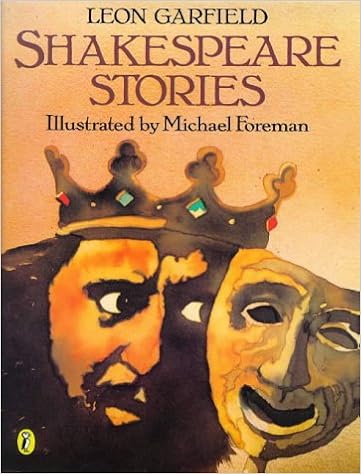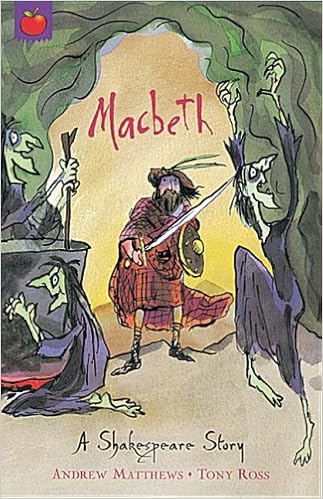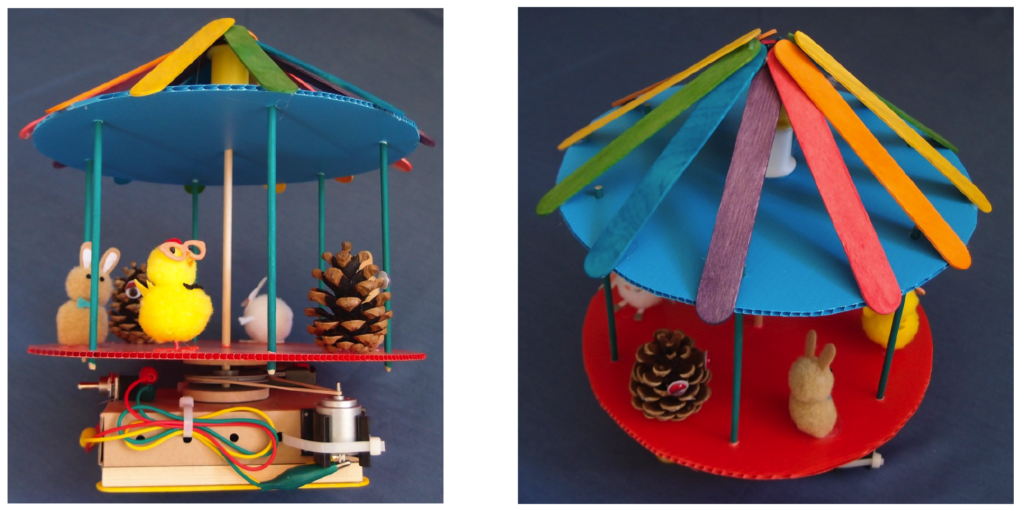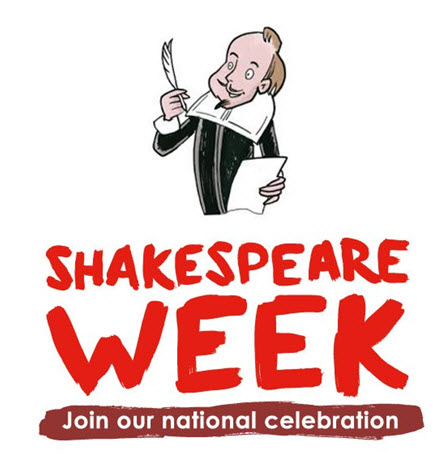Week beginning 21st March 2022
Shakespeare’s language can cast a light on the complexity of human emotions and is a wonderful way to explore and understand our own and others’ feelings. Shakespeare Week is a national annual celebration giving primary school aged children opportunities for enriching and enjoyable early experiences of Shakespeare. It is one of the pathways to Shakespeare provided by the Shakespeare Birthplace Trust for people of all ages and stages of interest.
What are we learning this week?
English –
Linking in with the celebration of National Shakespeare week, in our new unit, we shall be using a range of different adaptations to understand the story of Macbeth.



Our learning objectives this week:
- L.O. To understand characters and relationships
- L.O. To retell key events using a story map
- L.O. To explore key events using artwork.
- L.O. To write a setting description.
- L.O. To create a character profile.
What is our class reading book?
Since we are studying the Shakespeare classic Macbeth, we have decided to read from a collection of Shakespeare short stories, by Andrew Matthews. Each week, the children in Year 6 vote for which two of the Shakespeare short stories that they would like to listen to. Afterwards, we shall be looking to identifying similarities and differences across the collection.
Maths –
- To use their knowledge of fraction-decimal-percentage conversions to solve conversion problems in a range of contexts
- To use their knowledge of calculating 50%, 10% and 1% of a number to solve problems in a range of contexts
- To use their knowledge of calculating common percentages of a number to solve problems in a range of contexts
- To use their knowledge of calculating any percentage of a number to solve problems in a range of contexts
- To solve problems where the percentage part and the size of the part is known and the whole is unknown
- To solve problems where the known percentage part and the size of the part changes the whole
Science –
We shall be starting our new unit this week, which is called Living things and their habitats. This week, our learning objective is:
- To classify animals.
DT –
It’s DT week, this week. Our learning objectives are:

- To adapt my design to be functional and appealing to my target audience.
- To evaluate my design against our success criteria.
RHE –
This term’s unit is called Healthy Me. Our learning objective this week are:
- To understand that some people can be exploited and made to do things that are against the law.
PE –
- To gain possession through tackling.
- Real PE – dynamic balance to agility.

